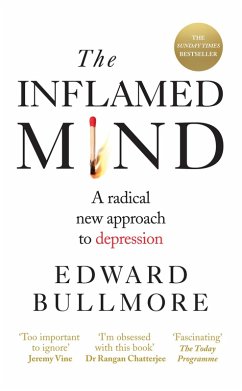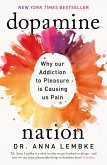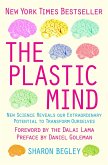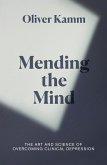Depression will be the single biggest cause of disability worldwide, in the next 20 years. But treatment for it has not changed much in the last three decades. In the realm of psychiatry, time has apparently stood still... until now.In this game-changing book, Professor Edward Bullmore reveals the breakthrough new science on the link between mental depression and physical inflammation. He explains how and why mental disorders can have their roots in the immune system and explores a whole new way of looking at how mind, brain and body all work together in a sometimes misguided effort to help us survive in a hostile world.
Dieser Download kann aus rechtlichen Gründen nur mit Rechnungsadresse in A, B, BG, CY, CZ, D, DK, EW, E, FIN, F, GR, HR, H, IRL, I, LT, L, LR, M, NL, PL, P, R, S, SLO, SK ausgeliefert werden.









